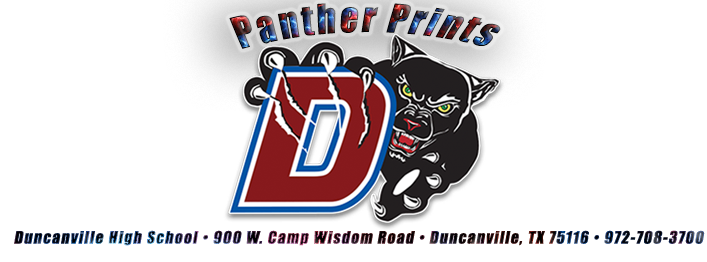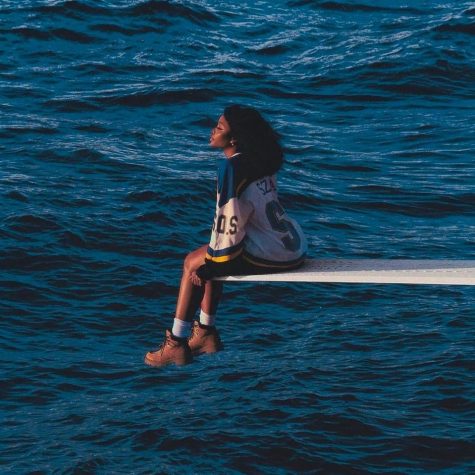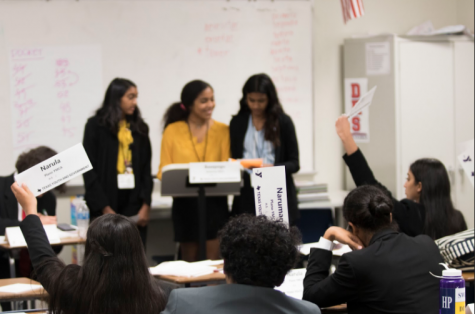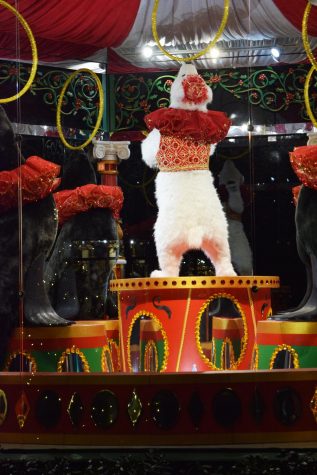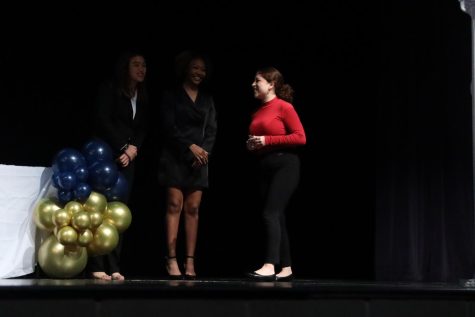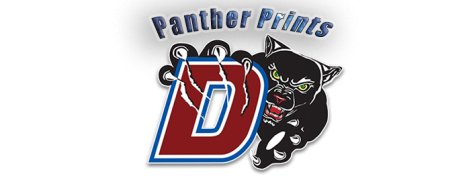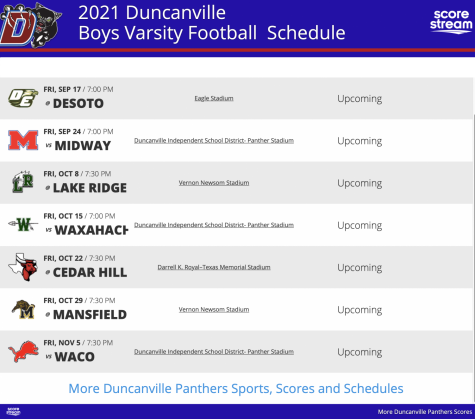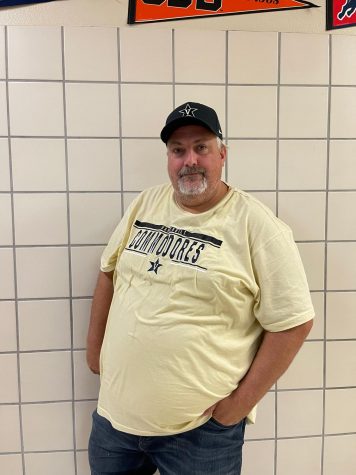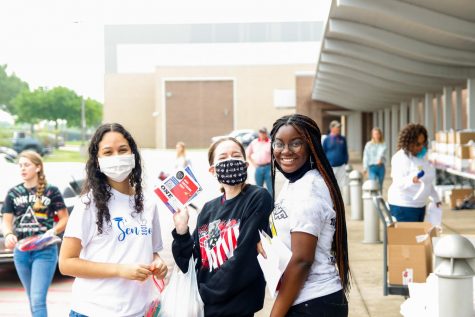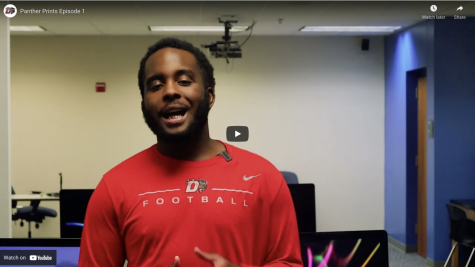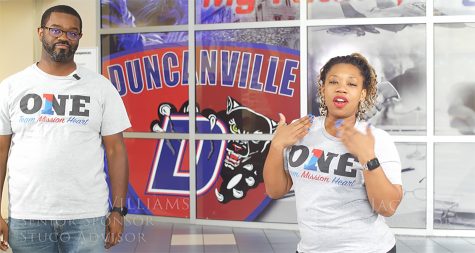Star Wars: The Force Awakens shines through new, old characters

As the desert scavenger Rey, British actress Daisy Ridley unleashes a talent that flashes like a beacon amid the enjoyable clatter of Star Wars: The Force Awakens. Her fresh, go-get-’em character gives audiences an emotional focus while the movie’s director, J.J. Abrams, puts a vast, diverse ensemble through Tilt-A-Whirl combinations of centrifugal and gravitational force. It’s no spoiler to say that the Force is strong within her, and it’s no disrespect to her cast-mates to say that her presence elevates the movie. She sparkles with possibilities. As the movie powers its way across another galaxy-spanning spasm in the balance of Good and Evil, Ridley responds to the cosmic fascism of the First Order and the stirring heroics of the Resistance with bright intensity. No one can best her at life-or-death games of “who blinks first.”
Like everyone else in this sequel (episode seven in the series, set 30 years past Return of the Jedi), Rey arrives on the scene with a ton of baggage, but she carries hers lightly. Abandoned on the desert planet of Jakku at age 5, she’s waited for her family’s return ever since, scratching each passing day on her wall like a prisoner marking time in a cell. But she hasn’t grown cynical or weary. Later, when the cagy, wizened pirate queen Maz Kanata (Lupita Nyong’o, captivating but unrecognizable in a digital part), advises her to look ahead, not back, she’s already leaning forward.
Written by Abrams and Lawrence Kasdan (who also wrote The Empire Strikes Back), based on earlier work by Michael Arndt (Toy Story 3), the movie is cleverly constructed to bridge the series’ past and future. It hinges on the search for Luke Skywalker (Mark Hamill), whose abrupt retirement from training a next generation of Jedi, followed by his sudden disappearance, helped create a new surge in the Dark Side and the rise of the First Order. General Leia (Carrie Fisher) – that is: the general formerly known as Princess – dispatches her cockiest Resistance fighter jock, Poe Dameron (Oscar Isaac), to secure information about Luke’s whereabouts. (The data comes from Max von Sydow, in a role so brief it seems concocted simply to include an actor as formidable and sage as the original trilogy’s Alec Guinness.)
When the film clicks, it clicks. Ridley injects the action with her own infectious delight as Rey revels for the first time in lush green landscapes and in the pleasure of friends as rugged and amusing as master smuggler Han Solo (Harrison Ford) and his trusty co-pilot Chewbacca (Peter Mayhew). There’s nothing self-conscious about her readiness for battle and her rough-hewn integrity. Courtesy of Ridley’s swift instinct as a performer, Rey reacts to any man who thinks she needs protection as if he’s from a whole other universe. And in this franchise, he could be.
When the film doesn’t click, which happens mostly when Rey is out of the picture, it feels second- or thirdhand. Still, fans will whoop it up at the first sight of every familiar relic, like Solo’s Millennium Falcon, and at the first sound of any series reference or running joke, like Solo insisting once again that he made “the Kessel Run” in 12 parsecs (not 14). The non-female counterpart to Daisy isn’t Poe but his cute robot, BB-8, a roly-poly marvel that risks life and circuitry to carry a crucial map to safety, following the noble, comical traditions of R2D2 and C3PO. The robot’s half-dome-like head rests on an oversize soccer-ball body. Its sphere and semi-sphere whirl with outrageous expressiveness while gibberish spouts from a pipsqueak voice. (Bill Hader is listed as BB-8’s “vocal consultant.”) BB-8 overflows with precocious little-boy charm; its antenna comes off as a high-tech cowlick.
The film’s central villain, Kylo Ren (Adam Driver), also blends novelty with the tried-and-true. He’s an overgrown Darth Vader fanboy. In fact, he’s so devoted to the Sith Lord that he wears a Vader-esque helmet even though he doesn’t need one. He likes the ominous image and the creepily modulated sound the helmet gives his voice. He’s a poseur trying to grow into his pose—and, this being Star Wars, he’s also something more and worse. His opposite number is John Boyega’s Finn, who was programmed from boyhood to become a Stormtrooper. Traumatized when he first sees action during a massacre of an innocent village, he can barely breathe until he takes off his white helmet, now sporting three streaks of blood. Previous Star Wars entries may have also contained gore-stained Stormtroopers, but they never registered like this one. Boyega can be appealingly gung-ho. It’s too bad that many of Finn’s most distinctive moments happen with his helmet on.
Abrams’s action scenes feature scary carnivores and apocalyptic weapons as well as light sabers: they’re a space-opera variety pack. He also adds a sprinkling of playful lines. Abrams hands Kylo Ren the film’s subtlest, meanest joke when he advises Rey with confidence that Solo would disappoint her as a surrogate father. The script gives Poe a fleeting jolt of Han Solo–like when the ace tells Finn that he knows the soon-to-be-AWOL Stormtrooper is setting him free just because Finn needs a pilot. Augmented by John Williams’s sprightly score, the depiction of Rey’s life on Jakku is exotic and engrossing, whether she scoots along the desert in her Speeder, hauls her scavenged goods into town among crowds of aliens or pulls off some kitchen wizardry with an ingredient that turns a pan of boiling liquid into an instant soufflé. The deep vistas of drifting sand, as photographed by Dan Mindel, are the movie’s visual high point—they’re equally bleak and seductive.
But the movie can’t sustain its playfulness—or its tension, either. Abrams is too busy trying to roll the original Star Wars and The Empire Strikes Back into one two-hour-and-15-minute movie. He combines the world building (and world destroying) of the first film, its Second World War–like aerial combat and anti-fascist derring-do, with the psychodynamics of the second one. His greatest accomplishment is his piquant update of the mixed-ethnic bomber crews from World War II movies
(the Scandinavian hayseed, the Italian tough, the Jewish wise guy). Abrams’s cast is multiracial and packed with women, without looking as self-conscious as a Benetton ad. But Abrams concentrates too hard on pushing characters new and old into fan-favorite routines—like Finn rousing cheers when he suddenly becomes a crack gunner. Without the careful buildup that Irvin Kershner gave the series-altering revelations in The Empire Strikes Back, the dramaturgy becomes stilted and the dialogue bland, not powerfully archetypal.
It’s touching to see Harrison Ford and Carrie Fisher together again. Even their lack of sexual chemistry manages to be resonant. After all, in the original trilogy, they were experts at flirtatious sniping, so post-relationship banter isn’t that huge a leap. Happily, Ford and Mayhew don’t merely breeze through on gusts of nostalgia. They carry on like a bachelor couple, with Chewbacca constantly rolling his eyes and growling at his buddy’s exaggerations and braggadocio. And Ford is terrific with Ridley, less a father-figure than a dashing, crusty uncle.
It’s become customary to trash George Lucas’s prequels, but in their own peculiar way they formed a mighty pop achievement: a detailed and audacious digital triptych about a democratic society losing its soul by trading its values for security. From the rocky start of The Phantom Menace through Revenge of the Sith, these films built to a crescendo of imagistic energy. Abrams can’t compete on that turf. As a moviemaker, his talents are still those of a TV writer-producer: pulling together a group of characters and actors who can maintain a mass audience’s interest over the long haul. He’s done that with Star Wars: The Force Awakens. It has enough good stuff to leave you wanting more.
Will it be a launchpad for other, more visionary directors, as Star Wars was for Kershner and The Empire Strikes Back? (Rian Johnson, of Looper, is set to direct episode eight.) Or will we get a stream of re-energized rehashes? In a crowd-pleasing line, Solo surveys the Millennium Falcon and declares: “Chewie, we’re home.” So is the franchise—but it’s not home free.
